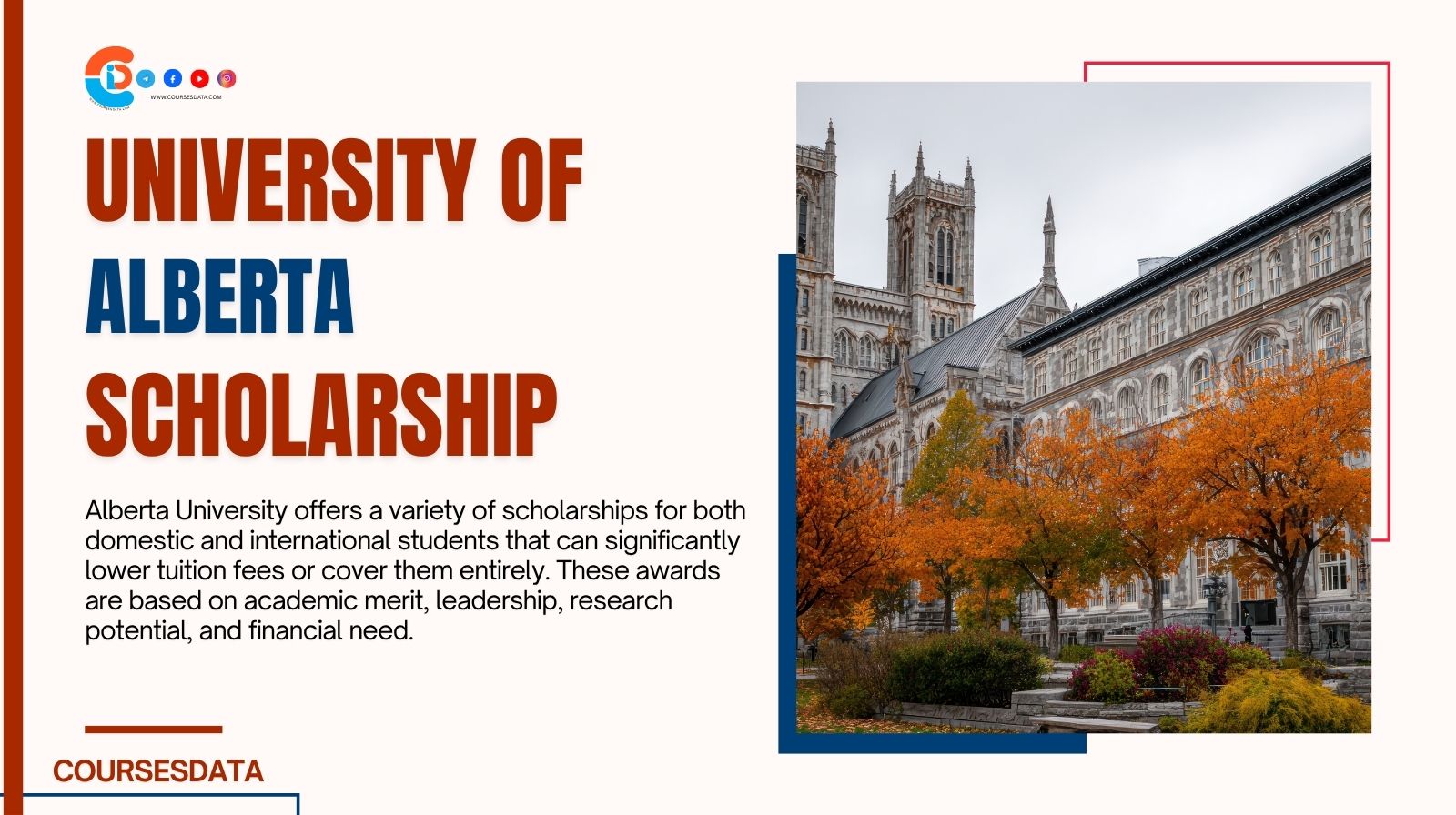
Are you looking for a way to afford your education at the University of New Hampshire? Scholarships at the University of New Hampshire can significantly reduce tuition costs and make your academic journey more accessible and rewarding.
The University of New Hampshire (UNH) offers a broad range of scholarships based on merit, need, and specific student demographics.
Apply also: Yale University Scholarship
Understanding eligibility requirements can help students target the right awards more effectively.
Apply also: University of Southern California Scholarship
Applying for scholarships at UNH requires careful attention to deadlines and documentation.
Apply also: Harvard University Scholarship
Merit scholarships at UNH recognize outstanding academic and leadership potential.
Apply also: University of Massachusetts Scholarship
UNH supports students from lower-income backgrounds with robust need-based aid.
Apply also: The Obama Foundation Leaders Program
Non-resident students at UNH can still access substantial scholarship funding.
Apply also: University of North Florida Scholarship
Each UNH college or department offers tailored scholarships for students in their academic programs.
Apply also: University of New Haven Scholarship
UNH graduate students benefit from scholarships and assistantships that support research and professional development.
Apply also: University of North Texas Scholarship
UNH encourages global learning and supports students with international scholarship funding.
Apply also: University of New Orleans Scholarship
Scholarship amounts vary widely based on program type, academic achievement, and financial need.
| Scholarship Type | Amount (Annual Estimate) |
|---|---|
| Presidential Scholarship | Up to $14,000 |
| Dean’s or Director’s Scholarship | $8,000 – $10,000 |
| Departmental Awards | $1,000 – $5,000 |
| Need-Based UNH Grant | Varies by FAFSA info |
| Graduate Assistantship Stipends | $15,000+ with tuition waiver |
| Study Abroad Scholarships | $500 – $5,000 |
| Transfer Scholarships | $2,000 – $6,000 |
| Athletic Scholarships | Full or partial tuition |
Review each scholarship’s specific eligibility criteria on the UNH financial aid site and complete your FAFSA. Merit awards are automatic for qualifying first-year applicants.
Some scholarships are automatic, while others require a separate application through the UNH scholarship portal.
Most merit awards are based on your application for admission, due by February 1. Need-based aid requires FAFSA submission by March 1.
Yes, international students are eligible for some merit and program-specific awards. Check the UNH Global student financial aid section.
Many scholarships are renewable based on maintaining a minimum GPA and satisfactory academic progress.
Yes, students can receive multiple scholarships, but total aid cannot exceed cost of attendance.
Yes, through assistantships, department grants, and fellowships, many graduate students receive funding support.
Competitive, especially for high-value merit awards. Strong academics, leadership, and community involvement help.
No, both in-state and out-of-state students qualify for various scholarships.
Contact the UNH Financial Aid Office or visit their scholarship portal for personalized guidance.
University of New Hampshire scholarships open doors to affordable, high-quality education. Whether you’re a first-year student or pursuing a graduate degree, there’s financial aid available to help you succeed.
Join thousands of students who have successfully secured their education funding through our platform.
Follow on TelegramFree student tools, Recommendation Letter, Motivation Letter & Intent Letter Writing Services
Apply Here Recommendation Letter Motivation Letter Intent LetterDisclaimer: CoursesData provides publicly available scholarship listings for informational purposes only.
We are not affiliated with or endorsed by any listed institution unless explicitly noted. Accuracy and availability cannot be guaranteed.
If you notice any errors, please contact us here.
Looking to advertise, promote your brand, or explore partnership opportunities?
Reach out to us at
info@coursesdata.com












Find Scholarships Offered by Countries Worldwide for Your Academic Goals.